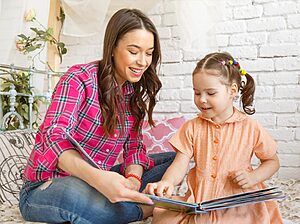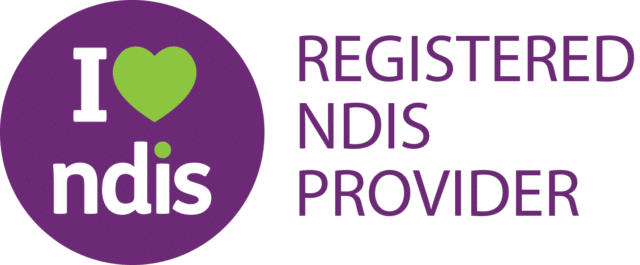by Kylie Ward | Aug 2020
When a child has speech, language or other developmental delays, often one of the first things we hear from parents is ‘I just want him to say Mum (or Dad)’. It’s a goal that’s full of meaning, and intent, and it’s an utterance that is so special to a parent.
The difficulty in achieving this milestone is the number of cognitive and developmental steps it takes for a child to utter any sounds or words at all. Therapy week in and week out can seem full of unrelated and irrelevant activities. Play based tasks, or cause and effect activities, can seem so far removed from these precious words.
As speech pathologists, it is our job to educate parents and carers on why we are targeting play skills such as object permanence, imitating, role play and problem solving. We need to share our knowledge about how children migrate from having their own-agenda to being true communication partners.
It’s only early in my career, but I’ve already benefited from educating parents as to what this might look like, which then seems to flow onto a greater degree of buy-in to therapy tasks. By sharing knowledge of how children learn to talk from the minute they are born, there seems to be a greater acceptance that everything we do together as a team in therapy, is working towards this overlying goal of supporting the production of first sounds and words.
In 2020 with social media and technology holding such a large place in our world, it is interesting to see the ‘ah-hah’ moment when the social component of speech and language development is explained, along with knowledge that children need to understand words before they’ll say them.
I’ve found the Hanen stages of communication and their checklists invaluable in pinpointing where a child is developmentally with their communicative ability, and explain this to parents and carers by sharing that to be able to speak words, children need:
To want to be social – that is, they need to enjoy being with you and want to share experiences with you.
To understand the meaning of the word – that is, they need to know what the word refers to and in what contexts.
To be physically able to say the word – that is, they need to have the planning capacity, muscle strength and structure to form the word.
It’s also important for parents to know what they can do next and I try to keep it in similar categories, saying something such as – ‘To support development of these areas you can help your child with their –
Social skills by – Playing people games, playing alongside your child, introducing something new and surprising to an old routine, showing how to resolve a simple problem, letting children be with you and part of what you are doing.
Receptive(understanding) skills by – Labelling objects, talking about what you are doing, listing steps and processes, using gestures, using short sentences.
Expressive (putting thoughts into words) skills by – Giving your child time to respond, using gestures, commenting and expanding on sounds or words your child says, explaining what is happening as you do it or experience something.
As natural as it seems, learning to speak involves mastering many skills before first words appear, and learning about these important foundations supports attainment of ‘Mum’ (or ‘Dad’) as effectively as possible.




